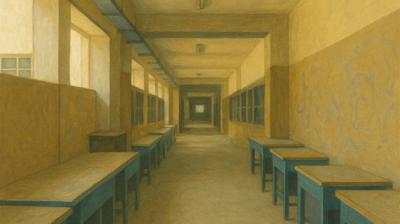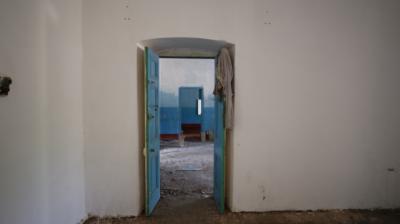Interventions for Palestine
Ten months into the war, more than 10.000 students, 400 teachers and 100 university professors were killed in Gaza, and the last university in Gaza was demolished by the Israeli military back in January. But the effects of scholasticide extend far beyond immediate destruction. By targeting schools, universities, libraries, and archives, Israel is dismantling the intellectual and cultural foundations of the Palestinian community, including its critical ideas, historical consciousness and memories. Precisely for this reason, many experts view scholasticide as a calculated tactic that aligns with the genocidal intent to eliminate a group’s identity and heritage. As scholars and teachers, we cannot remain silent and passive in the face of these attacks on our Palestinian colleagues and their students, institutions and knowledge systems. So, what can we do? In this presentation, I introduce and discuss the motion to ‘suspend collaborations with Israeli academic institutions’, which Fiona Murphy and I presented at the EASA conference in Barcelona this July on behalf of 23 concerned anthropologists. I argue that this motion is a non-violent but forceful measure to pressure Israel into complying with international law while showing solidarity with Palestinian scholars and civil society. I argue that scholars bear a unique responsibility to confront and address academic complicity and question the widespread assumption that motions like this undermine academic freedom.








